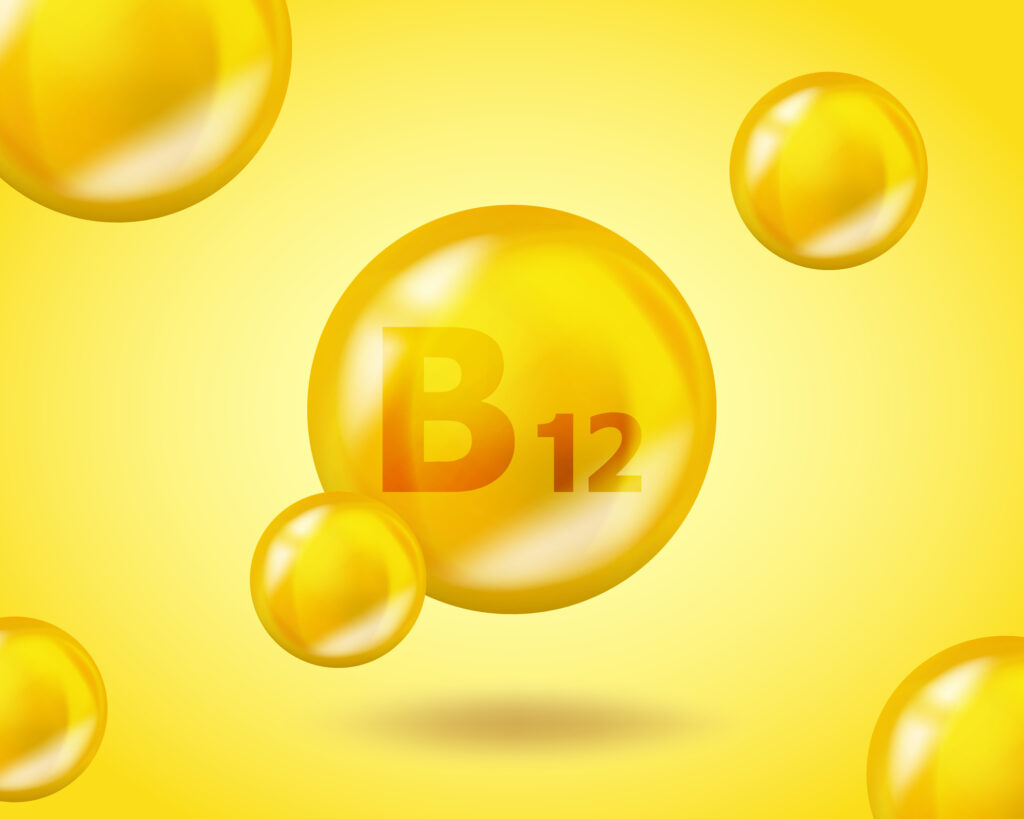Vitamin B12 is an essential micronutrient that’s well-known for the key roles it plays in nerve function, DNA production, and red blood cell formation. As a supplement, it has been shown to reduce blood levels of homocysteine, a substance linked to increased risk of heart attack and stroke. And now, Spanish researchers from the Barcelona Institute of Science and Technology’s Institute for Research in Biomedicine have discovered that the vitamin plays an essential role in tissue regeneration. Their study was published in the journal Cell Metabolism.
The Study
A team led by Manuel Serrano, PhD, focused on a process known as cellular reprogramming, which is thought to mimic the early phases of tissue repair. “During recent years,” the researchers wrote in the study, “it has become evident that this process involves intermediate states in which cells acquire various degrees of plasticity and differentiation potential, which may have broad implications in regenerative medicine and organ repair.”
In an attempt to better understand the intermediate states of cellular reprogramming, as well as its metabolic requirements, the researchers used a mouse model to measure several variables during the process, including changes in intestinal bacterial species and systemic vitamin B serum levels.
In one of the more interesting results of their analysis, the IRB Barcelona team found that cellular reprogramming in mice consumes large amounts of vitamin B12—large enough, in fact, that vitamin B12 becomes a limiting factor that delays and impairs some aspects of the reprogramming process. For instance, vitamin B12 insufficiency during reprogramming or tissue repair led to errors in the function of multiple genes.
Armed with that data, the researchers attempted to replenish B12 levels in the mice, and the results were extremely encouraging. “Supplementation with vitamin B12 corrected this imbalance, resulting in enhanced gene function fidelity and overall improved reprogramming efficiency,” said Marta Kovatcheva, PhD, the study’s first author.
The researchers then validated their findings by using a mouse model of ulcerative colitis, demonstrating that the intestinal cells initiating repair undergo a process similar to cellular reprogramming and also benefit from vitamin B12 supplementation. “B12 resulted in significantly improved tissue recovery on day 14, as evaluated by blinded histological analysis…colon length…and mucosal integrity,” they wrote.
Conclusions
“Our research uncovers a critical role of vitamin B12 in cellular reprogramming and tissue repair. These findings hold promise for regenerative medicine, with the potential to benefit patients through improved nutrition,” said Serrano, noting that patients with intestinal bowel disease could benefit from vitamin B12 supplementation.
But that’s just the beginning of the potential benefits of vitamin B12 in the field of tissue regeneration. If these results bear out in human trials, they could open up the use of B12 as a treatment for a variety of inflammatory conditions that cause tissue damage. “Overall,” the researchers wrote in their conclusion, “our results advance our current molecular understanding of in vivo and in vitro reprogramming and highlight the possibility to safely administer B12 for the therapeutic enhancement of cellular plasticity for regenerative medicine, organ injury, and repair.”






